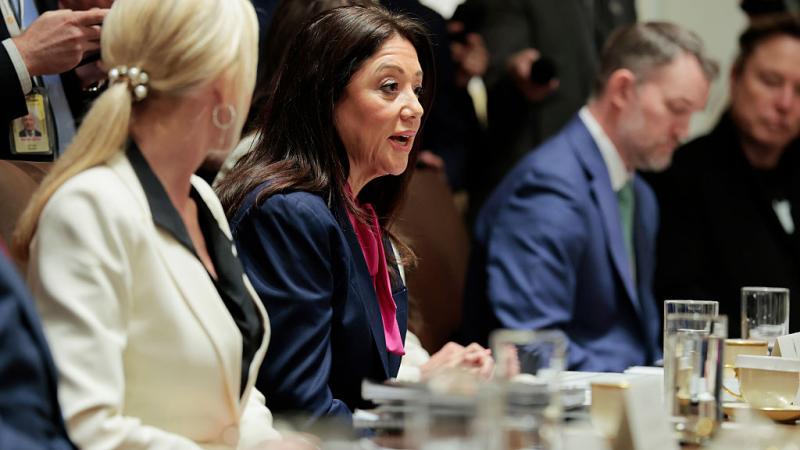NIH's Fauci, Collins heavily shaped COVID origins paper that downplayed lab leak: House report
Journal initially rejected "Proximal Origin" paper because it did not "unequivocally rule out the lab-leak hypothesis," House Oversight GOP says.
Then-National Institutes of Health Director Francis Collins and Anthony Fauci, then-director of the National Institute of Allergy and Infectious Diseases, played such a large role in the drafting of a highly influential paper dismissing the Wuhan lab-leak theory of COVID origins that the authors dubbed them the "Bethesda Boys," referring to NIH headquarters.
That's according to a 55-page House Oversight subcommittee report by majority Republicans released Tuesday ahead of a hearing on the "coverup" of the drafting of "The Proximal Origin of SARS-CoV-2," which was published in Nature Medicine and promoted by Collins and Fauci.
"America’s leading health officials vilified and suppressed the lab leak theory in pursuit of a preferred, coordinated narrative that was not based in truth or science" but was "crafted to appease a stated political motive," Select Subcommittee on the Coronavirus Pandemic Chairman Brad Wenstrup (R-Ohio) said in a press release.
“Stifling scientific discourse and labeling those who believe in the possibility of a lab-leak as ‘conspiracy theorists’ caused irrefutable harm to public trust in our health officials."
The report cites "previously unrevealed Slack messages and emails between the co-authors, unabridged transcripts of interviews with every U.S.-based contributor to the paper, and a detailed analysis of the coordinated effort to suppress the lab-leak theory."
Fauci twice suggested to coauthor Kristian Andersen that he write a lab-leak paper, and Collins "pushed for publication and approved of the substance" of the paper, whose authors "skewed available evidence" to fit Fauci's "single narrative" of natural origin, the report states.
Andersen acknowledged to coauthors that it was "impossible" to avoid politics being "injected into science ... especially given the circumstances" of the paper. Coauthors and Collins tried to downplay lab-leak "seemingly motivated by an interest to defend China and play diplomat," the report also states.
One of the more surprising findings is that Nature Medicine rejected the first submission for being too open to lab-leak, according to the report. Coauthors amended it to "include stronger language that would unequivocally rule out the lab-leak hypothesis," as shown by the full history of drafts.
The press release includes transcribed interviews with coauthors Andersen, Robert Garry, Ian Lipkin and Michael Farzan.















